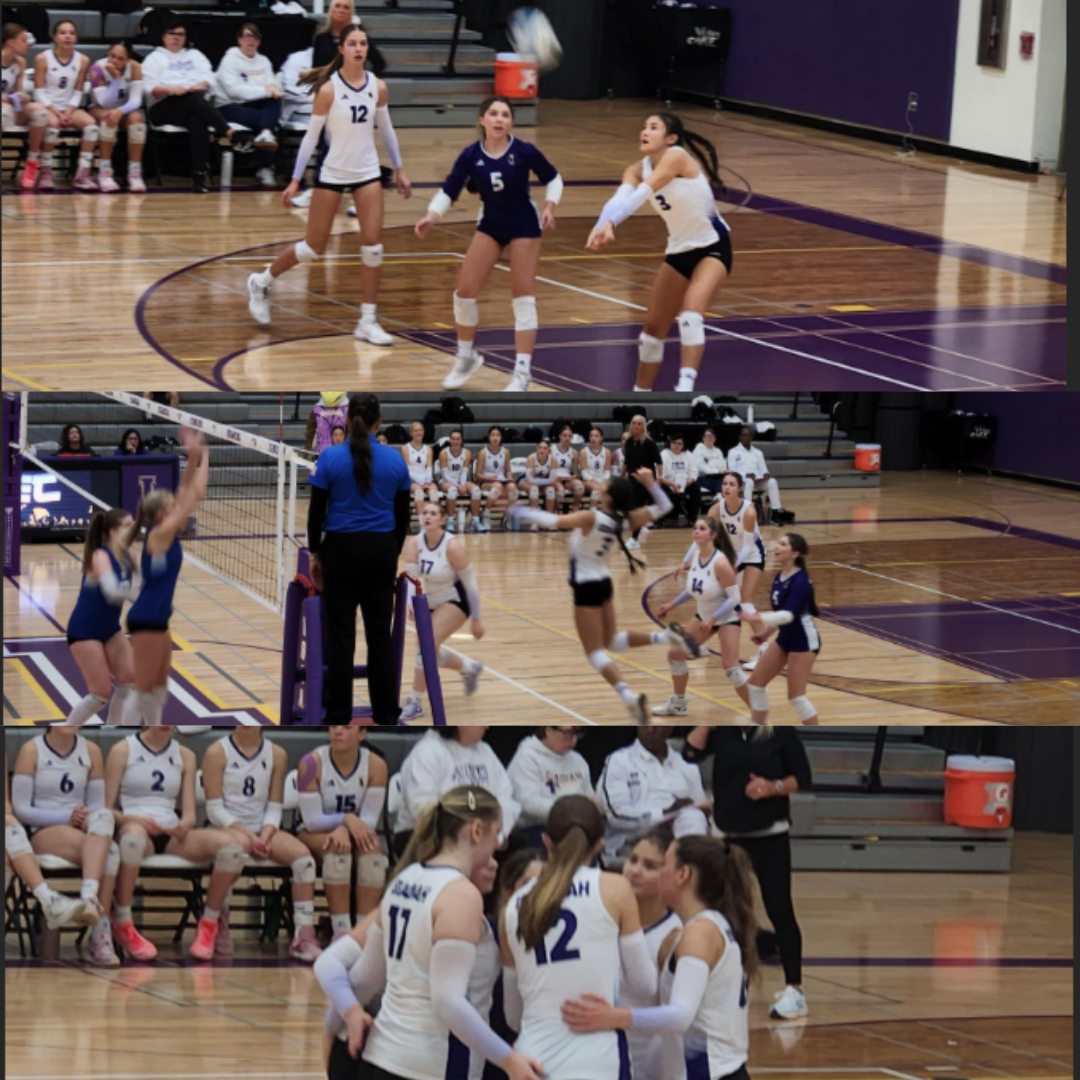Student-Athletes have some of the hardest schedules to balance. Many athletes are stressed and overwhelmed with school while succeeding in their athletic performance. When an athlete gets injured, it feels like the end of the world. Mental health challenges and defeat from sports can really affect someone when their sport is the world to them.
Giorgia Graham, a sophomore student-athlete at IHS was previously injured, playing softball. She fractured her L5 experiencing half of her freshman year without playing the sport she loves. Other athletes at IHS have gone through similar injuries such as Alex Solinsky, a sophomore, who plays soccer and has spina bifida occulta in her L5, which is a spine split. Solinsky had a stress fracture in her back and was out for four months and another two for rehabbing and physical therapy.
Being out of the sport you spend so much time around causes mental health issues for many other athletes, Graham and Solinsky are just two of the many recovering student-athletes at IHS, lots of athletes with new injuries, football, soccer, swim, dance, cheer, cross country and more just this fall. All are still battling their injuries or preventing a worse injury in the future. No matter what, the end goal is to be healthy, and to continue the sport they love. For many this is possible, but many must imagine never playing their sport ever again. This is a tough reality for many athletes, and is devastating in many ways, including how it affects your mental state as a student and as an athlete. Ending a sport that you love is devastating, and not being able to participate for months has a large toll on mental health. Declines in mental health can lead athletes to not focus on school, become overwhelmed, or depressed from the state they are in and not being able to acknowledge the state of mental health they are in.
Graham adds how being injured “taught me to be grateful for what I had in the moment, because when I didn’t have it, when I wasn’t playing, I missed it a lot, and it made me sad not being able to play.” Graham describes how difficult it was not being able to play, only being able to watch and not contribute made her upset, while also going through recovery, and her injury was still causing lots of discomfort and pain in her daily life. Many students at IHS feel the same as Graham, Solinsky adds how difficult it was to bounce right back into her sport after her injury. “Many girls were ahead because of how much time they had that I didn’t.”
Furthermore, Solinsky states, “having my injury made me realize how much I loved my sport and how much I wanted to play once I was back, and I missed it so much when I was injured.” Expressing her feelings about how awful it felt to be injured, and how good it was when she got back into her sport. Solinsky adds to the point describing how her mental health was when she was injured and how it affected her as a person. Exclaiming how good it is to be back, for her health, and the positive effects on her health, allowing her to enjoy the sport she previously enjoyed and loved so much.
The effects of the injury are more than the physical injury, it affects mental health as well. After injury, during recovery, trying not to get injured, catching up in athletics, catching up in physical health, and mental health takes a significant role as well. At IHS, many other student-athletes struggle with injuries, and preventing them from happening again. A big part of being healthy is keeping a good mental state, so that if an injury occurs, you can be prepared for the effects on your mental health to come. Graham adds that is important to learn about the body, “It taught me how important it is for me to heal, because my injury can result in bad things like paralysis, or I could die, if it became more severe.” Learning how important it is to take care of yourself and learning about things you are going through to help yourself recover and get through them with better support.
Previously injured athletes had to concentrate more on mental health at the same time as healing and adds for a healthy recovery. With everything that goes on for student-athletes, to be healthy, and being able to play their sport are two things they take for granted. Lots of pain comes with injury, and it tolls on the mental side of the athlete. You must take care of your body, and your mind. If something is off mentally, it can create larger issues if not treated, just like injuries.



